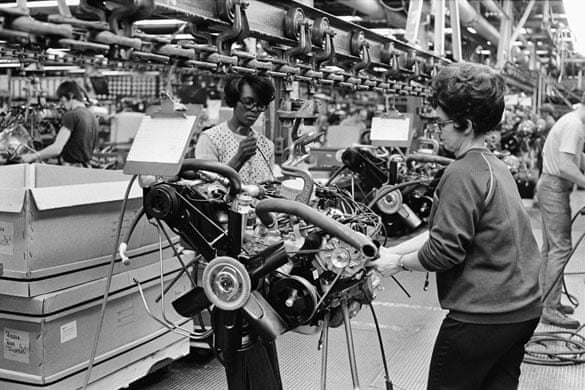JimBowie1958
Old Fogey
- Sep 25, 2011
- 63,590
- 16,797
- 2,220
Who gets to define "stupid" in the context of stupid voters? What makes a voter stupid? Because they don't agree with you? What about stupid people who vote as you do, but for the "wrong" reasons? Do you want to disallow their vote because they don't pass your criterion for intelligence?
We aren't proving a mathematical theorem here. This is a vote and since we have gone away from the land owner requirement, every American citizen gets a vote. What is the alternative? We already have Liberals squealing about "voter suppression" because people are actually required to provide proof of who the hell they are. Would you add a voter IQ test? Oh man that would be priceless!
The term 'stupid' has long been defined already.
Stupidity is a quality or state of being stupid, or an act or idea that exhibits properties of being stupid.[6] In a character study of "The Stupid Man" attributed to the Greek philosopher Theophrastus (c. 371 – c. 287 BC), stupidity was defined as "mental slowness in speech or action". The modern English word "stupid" has a broad range of application, from being slow of mind (indicating a lack of intelligence, care or reason), dullness of feeling or sensation (torpidity, senseless, insensitivity), or lacking interest or point (vexing, exasperating). It can either imply a congenital lack of capacity for reasoning, or a temporary state of daze or slow-mindedness.
In Understanding Stupidity, James F. Welles defines stupidity this way: "The term may be used to designate a mentality which is considered to be informed, deliberate and maladaptive." Welles distinguishes stupidity from ignorance; one must know they are acting in their own worst interest. Secondly, it must be a choice, not a forced act or accident. Lastly, it requires the activity to be maladaptive, in that it is in the worst interest of the actor, and specifically done to prevent adaption to new data or existing circumstances."
So when we have liberals who vote to allow for more illegal immigration despite the data that show how badly this affects the tax base and government services that they promise to the constituents, or in the case of Republican Middle Class voters who know that the Middle Class is being gutted by idiotic free trade agreements but still support those policies because they are told it is 'conservative' to do so, or when we have the members of both parties continuing to support the existing leadership that they know to be corrupt, bought by the Big Banks and multinational Corporations, or so-called 'conservatives' who would rather see Hillary Clinton appoint 4 SCOTUS judges rather than hold their nose and vote for Trump, yeah, we have plenty of examples of stupid voters.










